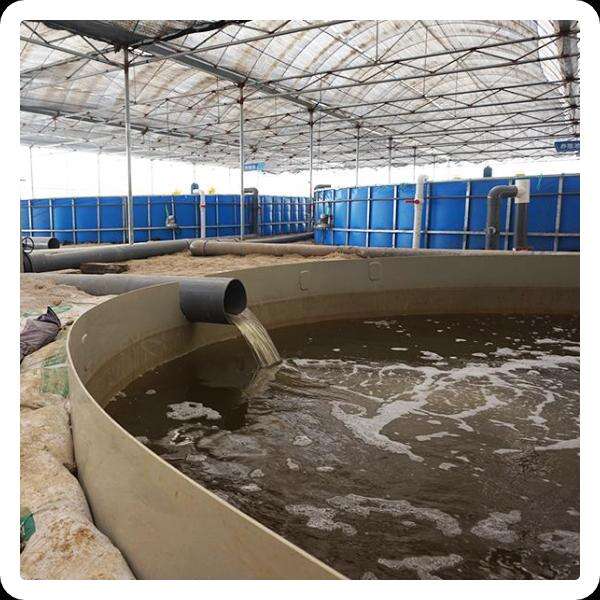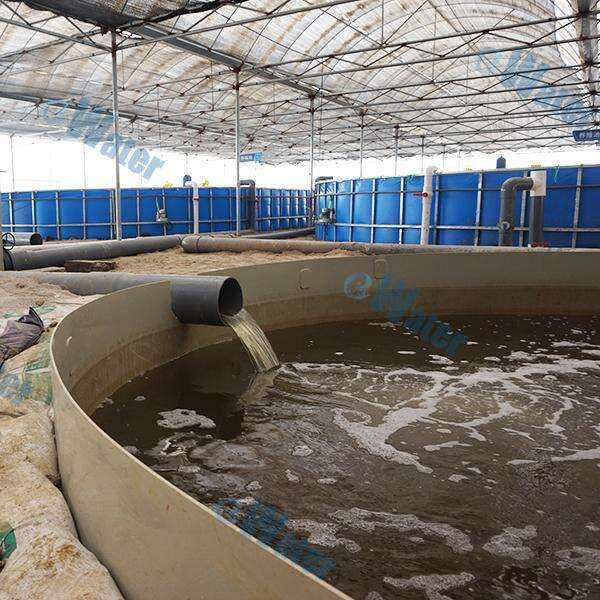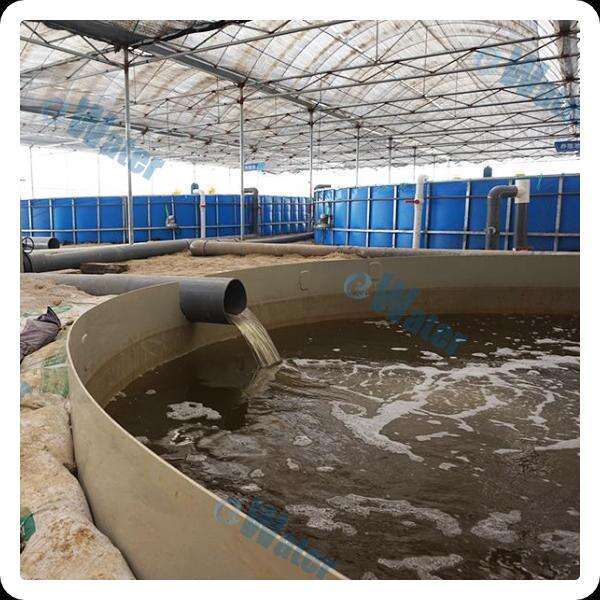Pisciculture Fun ways to Farm CarlippVous Posted on August 20, 2019 by Amy H. Sillars
Pisciculture (fish farming)Fish farming is the breeding of fish purposely or in a controlled setting to enhance productivity. It deploys new tools and techniques - to protect fish, as well deliver good tasting fish species for consumers to eat/consume.
Advantages of Fish Farming
This is beneficial as it produces a high quantity of fish in very little space. Fish can be cultivated in farms, ponds, tanks or cages rather than catching fish from the wild. It's good for the environment, and it cuts costs by making boats and nets unnecessary. The fish are healthier and the same size, which is a better product while selling.
New Ideas in Pisciculture
Lately, the cultivation of fish is becoming increasingly popular with new concepts such as aquaponics and RAS (recirculating )aquacultures system) taking shape. The concept behind Aquaponics is that fish waste provides nutrients for plants and the plants cleanse the water for fish. RAS water filtration keeps the fish tank clean, because there are less frequency demands on frequent and massive water changes to keep their production healthy.
Keeping Fish Safe
Fish Eating (People)While we are on the subject it is also pretty important to keep fish and people from becoming sick. To prevent the fish from getting sick or otherwise being harmed, farmers have to comply with rules that specify how the hydrothermal water has to be treated. They would test the water on a regular basis, keep diseases under control and handle their fish with care. They also don't use a bunch of chemicals to keep the fish healthy and alive.
Using Fish from Pisciculture
Pisciculture: Fish obtained from Pisculture, can be sold to resaturants or stores and used for pleasure in fishing/for aquariums. Fresh or frozen fish are used in cooking and sold as food some of them may be development to pets. It can also provide a mechanism that allows fish to be restored to natural populations and preserves them.
Starting a Pisciculture Farm
The process of beginning a fish farm involves looking for land with nice water and testing potential customers as well. They also must receive government authorization, and respect the environment. Farmers can decide on what products they want and will select different species of fish to be farmed as well. Fish farms are no small feat, they typically range from moderately to very complex depending on how much attention the fish require in order to continue thriving and growing.
In addition to selling fish, could the provision of advice; training and support to others be another public good associated with a specific site? Some farms even offer tours and teach you about their fishing operations. Because fish farms who are kind to customers and serve excellent fish will always own alot of loyal supporters in their area.
Why Pisciculture is Cool
Ultimately, pisciculture helps us in enjoying tasteful fish and conserving the environment by spending less. Fish farms can do a lot of things for different people and markets by using new tools against the authorities which shut us down. With the increase in demand for organic, locally-sourced food pisciculture is going to be an even more significant aspect of farming.
One of the most exciting and fast-growing area within agriculture - fish farming (pisciculture). In this article we take a deeper dive into the world of pisciculture and what that has to offer.
Benefits of Pisciculture
A major advantage of fish farming is the ability for a small amount of space to produce more fish. Pisciculture uses a similar system to farming, as opposed to traditional fishing which requires catching them from their natural homes. In addition to being a sustainable method, it is also shown as economic due to the way fishing boats and nets are not required. Secondly, fish from pisciculture are of higher quality and even size which strongly appeals to the commercial markets.

The last few years have seen phenomenal progress in the field of pisciculture with aquaponics and recirculating aquaculture systems (RAS) now emerging as innovative technologies. Aquaponics combines fish farming and hydroponic plant cultivation, with the wiggle room using water from the aquaculture to serve as a natural fertilizer for plants while absorbing waste products such as nitrogen resulting in cleaner living conditions. Additionally, when enriching the survival of aquatic life by recycling ammonia-festival into renewable nitrates essentialized needed material used in floras' growth - photosynthesis process. RAS on the other hand, are a closed-loop water circulation system that keeps the fish tanks at an optimal water quality so as not to require very frequent water changes and reduces risk of diseases.

In Pisciculture, the safety of fish as well as consumers is a major concern. Maintaining the health of fish populations, and preventing diseases caused by unavoidable contamination requires farmers to follow strict guidelines when growing these types of seafood. This includes, monitoring of water quality parameters on regular basis, disease control measures and proper handling & transportation practices for the fish. Also the use of antibiotics, chemicals and additives are strictly controlled to ensure safety and fish quality.
USE OF FISH PRODUCTS
Pisciculture products are used in various domestic and commercial applications such as supplying to seafood restaurants, specialty food stores or high-end grocery store chains. Fresh, frozen fish go to restaurants and retailers while ornamental receive their dose of life in aquariums or get sold away as pets. In addition, pisciculture is practiced by some fisheries and hatcheries to restock natural habitats as well as for their quality purposes.

Siting an integrated fish farm involves identifying a suitable land, availability of adequate water and measuring the market demand. n addition to permits, farmers are required work with local authorities using beneficial use agreements that require following regulatory procedures such as applying all Environmental Protection standards. For fish species and farming methods, farmers are free to choose whatever they need or their favorite. Regardless of when opting for a simple or sophisticated pisciculture system, proper care and monitoring are needed to guarantee the well-being and growth of the fishes.
Helping Others by Aquaculture
Apart from supplying fish products of the highest standard, a lot of these pisciculture farms also provide consultations and training as well as technical assistance to other farmers or businesses in need. A few fisheries even schedule tours and other educational efforts to demonstrate their practice as well as help keep up an appearance of this form of horticulture for the benefits it can provide. Customer service and product quality are two important factors that encourage customers to be the regular customer of pisciculture farms, in the same time become a leader in this industry.
The Impact of Pisciculture
Overall, fish farming offers a way to farm high-quality fish products in an innovative and environmentally-friendly manner that saves money. Modern pisciculture farms can diversify their customer base and the markets for fish, with special permits required to be acquired from government agencies in order to import approved species. Consumer demand for sustainable and locally sourced food options continue to grow, as such pisciculture will take an increasingly important part in the agricultural space.
eWater continues explored new RAS technologies reducing energy consumptions pisciculture productivity. delivered 400 RAS successfully globally September 20th, 2022.
send pisciculture engineers customers' project area help installation qualifications on-site. design RAS print-ready prints overseas customers ensure building's basic design ready work practicable plan including timeline labor requirements prior installation.
pisciculture makes majority RAS equipment in-house. 2018, created Gen-3 rotary drum filters, Gen-2 protein skimmers Gen-3 oxygenation system. offer 3-year guarantee will product-lifequality technical support. ISO/CE certified since 2016.
eWater one most pisciculture aquaculture supply firms specializes aquaculture recirculating system. work customers develop perfect solution meet needs.
Our professional sales team are waiting for your consultation.